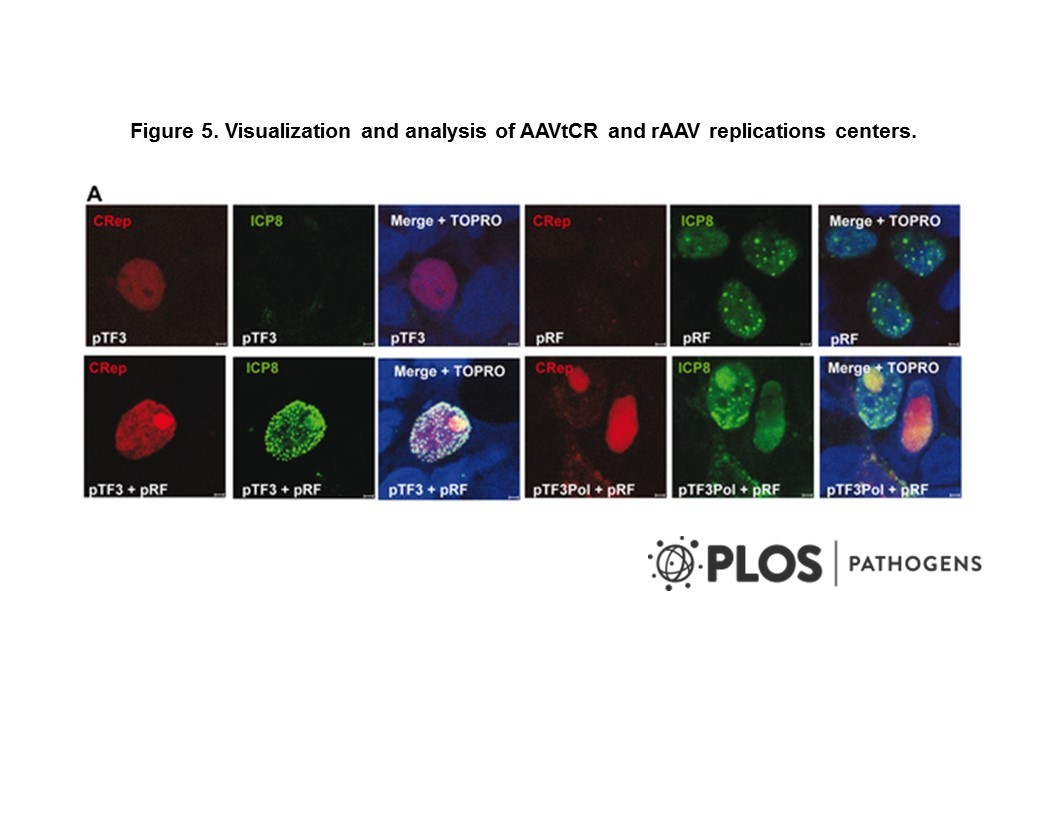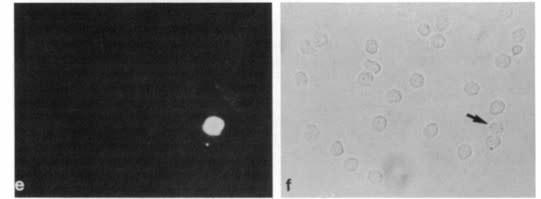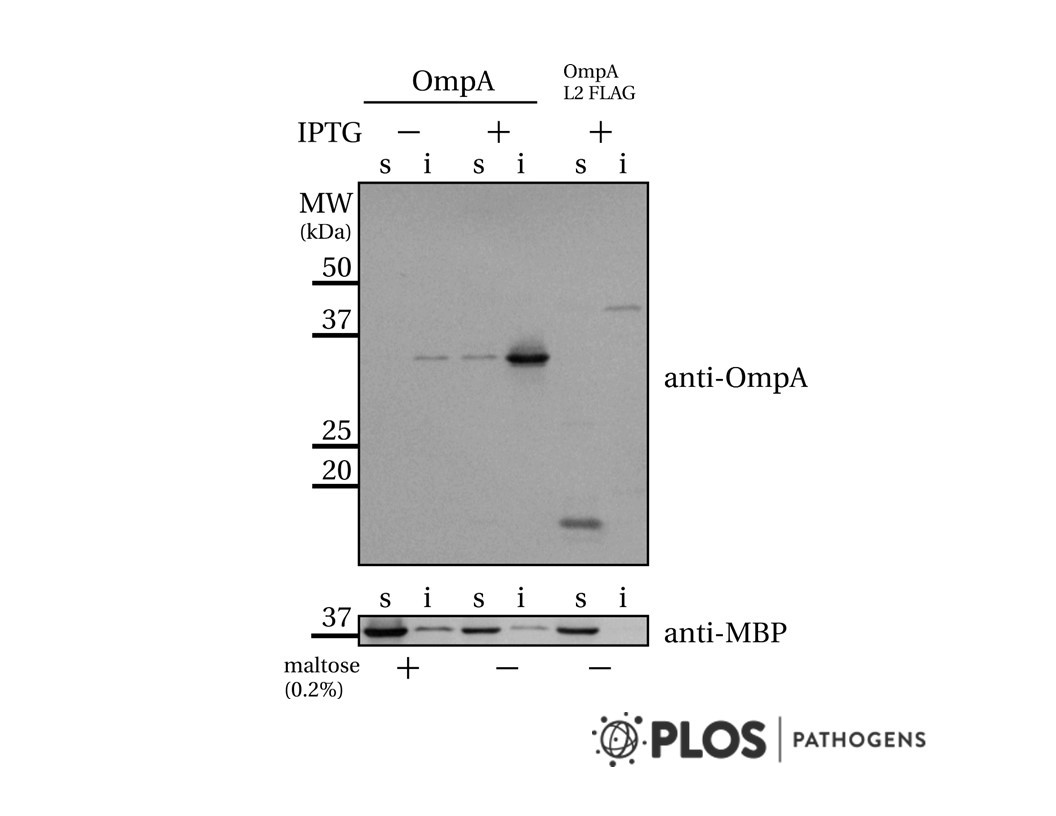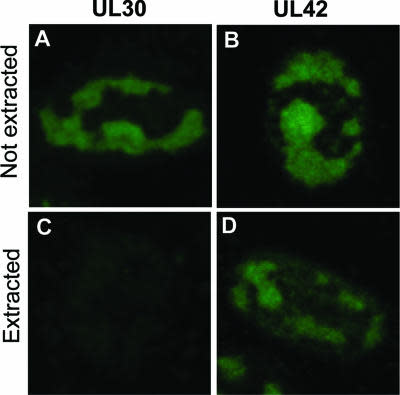
Cat. #153661
J558L Cell Line secreting OX40L
Cat. #: 153661
Sub-type: Continuous
Unit size: 1x10^6 cells / vial
Availability: 3-4 weeks
Organism: Mouse
£575.00
This fee is applicable only for non-profit organisations. If you are a for-profit organisation or a researcher working on commercially-sponsored academic research, you will need to contact our licensing team for a commercial use license.
Contributor
Inventor: Peter Lane
Institute: University of Birmingham
Primary Citation: Flynn et al. 1998. J Exp Med. 188(2):297-304. PMID: 9670042
Tool Details
*FOR RESEARCH USE ONLY
- Name: J558L Cell Line secreting OX40L
- Alternate name: OX4L ligand, CD134, dendritic cells, DCs, Th2, CD525, systemic lupus erythematosus, TXGP1, OX-4L, gp34, TNFSF4, CD4 T cells, cytokine, Tumor necrosis factor receptor superfamily member 4, TNFRSF4
- Tool sub type: Continuous
- Parental cell: J558L - mammalian plasmacytoma cell line
- Organism: Mouse
- Conditional: No
- Description: OX40 receptor also known as CD134, a member of the tumor necrosis factor receptor superfamily of receptors, is not constitutively expressed on resting naive T cells. OX40 is activated 24 to 72 hours after binding to its ligand; OX40L, and is a secondary co-stimulatory immune checkpoint molecule. Expression of OX40 is dependent on full activation of the CD28 absent-T cell.
- Production details: Primers specific to the murine sequence of the OX40L gene were used to generate a cDNA amplicon which was cloned into an expression vector. The vector has resistant markers to ampicillin and histidinol, and also contains promoters and enhancers for murine B-cells and plasma cells. A chimeric IgG1 and OX40 molecule with a 3' splice donor site was generated by subcloning the OX40L amplicon into a human IgG1 expression vector.
- Biosafety level: 1
Target Details
- Target: Murine OX40L
Handling
- Format: Frozen
- Unit size: 1x10^6 cells / vial
- Shipping conditions: Dry ice
- Storage conditions: Liquid Nitrogen
- Mycoplasma free: Yes
References
- Flynn et al. 1998. J Exp Med. 188(2):297-304. PMID: 9670042






